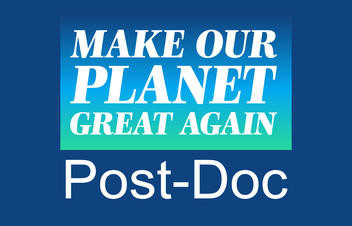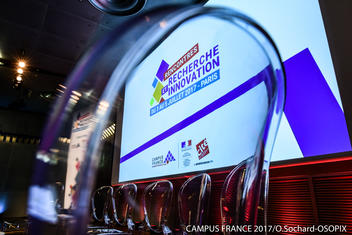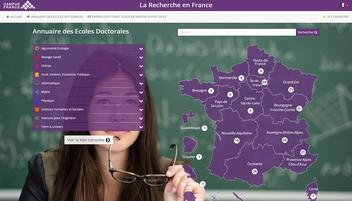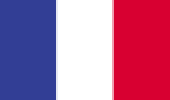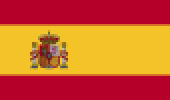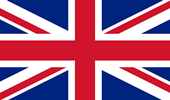France spends 61.5 billion euros on research, equal to 2.18% of its GDP. This has enabled the country to achieve its objectives, in particular at an international level, and to attract talented researchers from around the world.
The major players involved in research in France
Including professors, researchers, engineers, technicians and support staff, more than 431,100 people are involved in research in France. They work in universities, Grandes Ecoles, public institutes and companies.
In France there are almost 267,000 research directors, professors, lecturers, staff research and researchers in companies. 26 % of them are women. 40% of them work in the public sector and 60% are employed in the private sector. Their work is published in the best-known international scientific journals and have the fourth highest index of impact in the world.
Public research institutes
In France, research is conducted in universities and public research institutes including, to name a few, the CNRS (Centre National de la Recherche Scientifique- National Centre for Scientific Research), INRA (Institut National de la Recherche Agronomique - the National Institute of Agricultural Research) and INSERM (Institut National de la Santé et de la Recherche Médicale - National Institute of Health and Medical Research). These public institutes are very prestigious.

Numerous international distinctions
Hailed around the world, French research counts many Nobel Prize winners among its ranks. Among the most recent are Michel Devoret (2025), Anne L'huiller and Pierre Agostini (2023), Alain Aspect (2022) in physics, Philippe Aghion (2025) and Esther Duflo (2019) in Economic sciences, Emmanuelle Charpentier (2020 and Jean-Pierre Sauvage (2016) in chemistry, Annie Ernaux (2022) and Patrick Modiano (2014) in literature). In total, 73 Nobel Prizes have been awarded to French people which ranks France fourth among countries.
In mathematics, almost one third of all Fields medal recipients have come from French laboratories, including 10 from that of the École Normale Supérieure (ENS). France is second in the world in terms of number of medals, after the United States. The latest recipients to date are Ngo Bao Chau and Cédric Villani in 2010, and Artur Avila in 2014.
French research is open to the world
Research knows neither borders, nor nationality: 37% of those enrolled in French Doctoral schools are foreigners and 54% of French scientific publications are the result of international collaboration. To ensure this mix in French research, the CNRS has recruited approximately 30% of its researchers from abroad each year since 2010. Like the CNRS, many French research centres regularly open specific positions to foreigners and invite people from around the world to teach in France.
As another example, many French successes have come from international research: the Vietnamese mathematician Ngo Bao Chau, who was awarded the Fields medal in 2010 (along with Cédric Villani), obtained his Master’s and Doctorate in France,.
Related contents
-
CollectionGuidesMise à jourNovember 2017
-
Collection10 good reasonsMise à jourMay 2023
Recommended items

